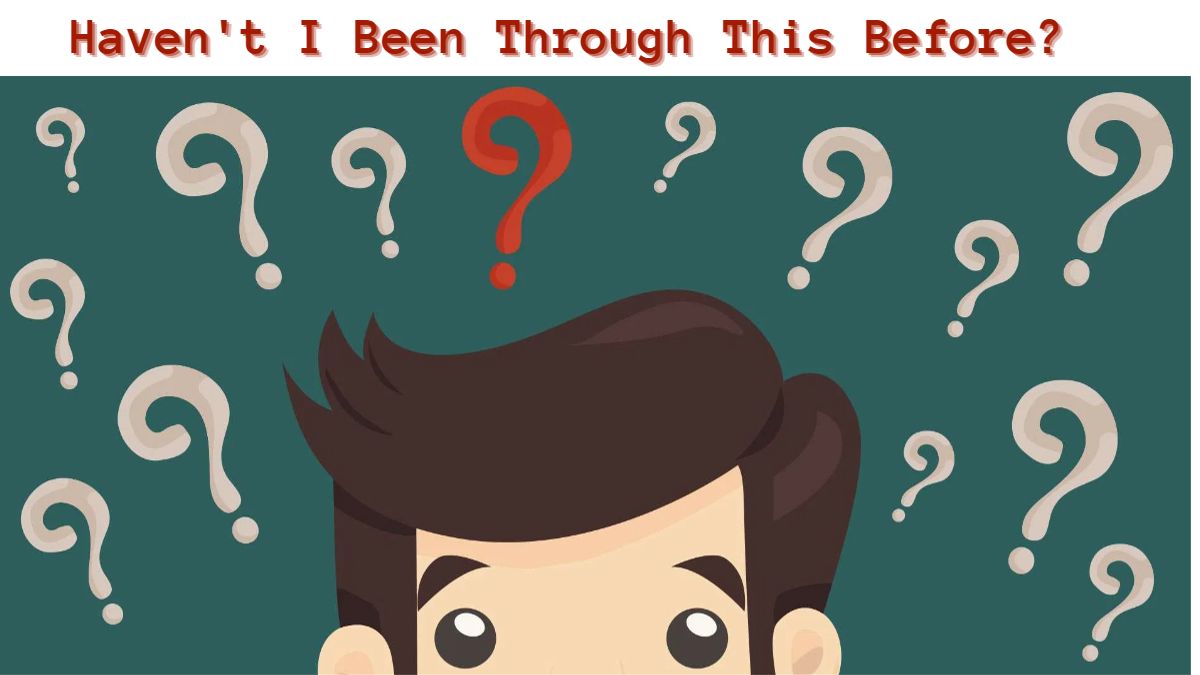Deja Vu is a fascinating phenomenon experienced by nearly 97% of people at least once in their lives. The term, French for “already seen,” describes the unsettling feeling of having lived through a situation before, even though you know it’s impossible.
What Is Deja Vu?
Deja Vu is characterized by a ‘false sense of familiarity’, where you feel as if you’re reliving an exact moment from the past. Doctors explain that it’s a transient feeling where your brain creates an illusion of familiarity without any real memory to back it up.
What Causes Deja Vu?
Deja vu is believed to result from ‘dysfunctional connections’ between brain regions involved in memory and recognition. The two temporal lobes, located above your temples, play a crucial role in:
– Recalling words
– Remembering places and people
– Understanding language and emotions
Is Deja Vu Normal?
Experiencing deja vu is generally normal and not inherently harmful. It most commonly occurs in individuals aged 15 to 25 and tends to decrease with age. Deja vu is more frequent during evenings and weekends. Factors such as higher education, frequent travel, vivid dreams, and liberal beliefs have been associated with increased susceptibility to deja vu.
While deja vu is usually harmless and occurs a few times a year in healthy individuals, it may warrant attention if it becomes frequent or is accompanied by other symptoms.
When Should You Be Concerned?
Deja vu might signal underlying health issues if it’s frequent or accompanied by symptoms such as:
– Confusion
– Headaches
– Loss of awareness
– Weakness
– Seizures
– Shaking
If you experience deja vu several times a month, have episodes with loss of consciousness, or encounter other troubling symptoms like unconscious chewing or a racing heart, it’s important to consult with a healthcare provider or neurologist. Regular or worrisome deja vu should not be ignored, as it could be indicative of conditions such as epilepsy, migraines, or memory disorders.
If in doubt, seek medical advice to ensure your health and well-being are properly addressed.






















